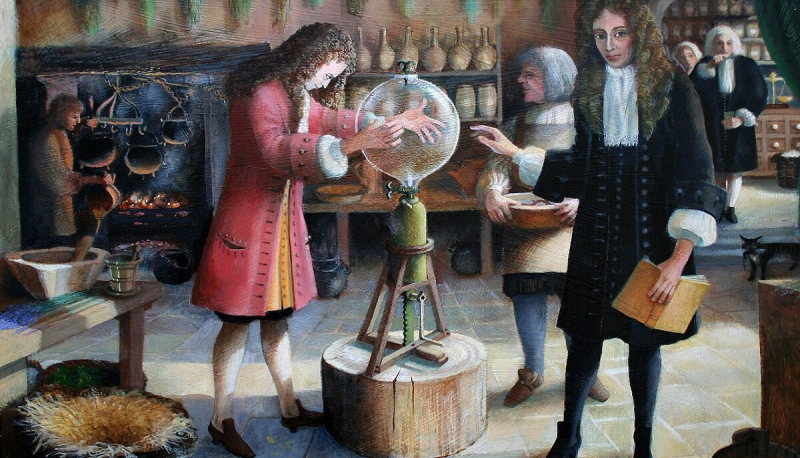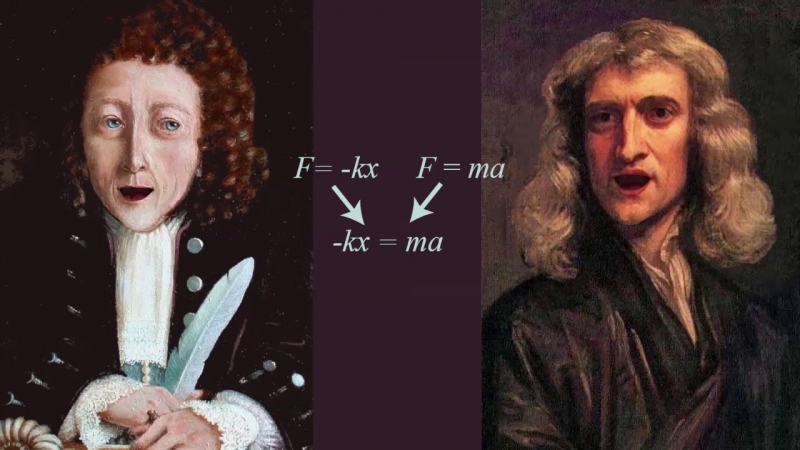He frequently disagreed with scientists such Newton
In his later years, Hooke grew more irritable and got into a lot of arguments with other scientists, frequently over who said what first. Isaac Newton and Hooke had one of his most well-known disputes, which is one of the interesting facts about Robert Hooke. Hooke stated that what was accurate in Newton's theory of light and color in 1672 was taken from his views about light in 1665 and that what was original was incorrect. In 1672, Hooke made an effort to demonstrate that the Earth orbits the Sun in an ellipse. Six years later, he suggested the inverse square law of gravity as a theory to account for planetary motions.
But starting in November 1679, he began writing to Isaac Newton and sharing some of his newer discoveries. Newton introduced his hypothesis of this law in his 1686 book Principia. The argument arose from Hooke's assertion that he had introduced Newton to the idea of the inverse square law. Newton eventually realized Hooke had first put out these concepts. But Hooke didn't appear to be able or perhaps he wasn't willing to provide a mathematical justification for his hypotheses. He also highlighted that other scientists had also done it, but that he had established all the data and the mathematical demonstration, not Hooke.
Hooke's life was filled with numerous, acrimonious arguments with other scientists. On the other hand, it's important to note that he got along well with several of his coworkers, especially Boyle and Wren. In many respects, historians' assessment of Hooke as a difficult and unreasonable guy is unfair. Without a doubt, Hooke sincerely believed that his original ideas had been copied by others. It's simple to understand why this occurred. Hooke had a wide variety of remarkable ideas, many of which were later claimed by others not because they wanted to steal them from him, but rather because Hooke never pursued them to construct whole theories. Because he lacked the technical know-how to create such thorough theories as some of his contemporaries like Newton and Huygens, he was unable to produce any significant theories from his inspired thoughts.












